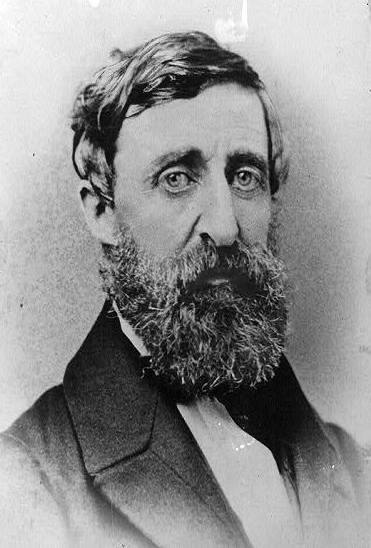Your Turn
Let’s say you are given this assignment: Respond to the following statement from Walden by Henry David Thoreau in a brief essay.
It is never too late to give up our prejudices. —Henry David Thoreau
Using your notes, write a thesis and an introduction for this assignment. First, review the outline below.
A. Write the thesis first using these steps:
- Start with the topic. Ask yourself some questions about it.
- Narrow the topic. For a topic with a quote, add a summary.
- Make the topic a question.
- Take a position. Write a provisional thesis.
- Argue both sides. Make a list.
- Revise the thesis. Are there things to change?
- Test whether the thesis is defensible and debatable.
B. Write the introduction next using these steps:
- Remind yourself of the thesis.
- Think of something a person who disagrees would say.
- Write a beginning sentence such as “Many people think . . .”
- Write a “however” statement.
- Add the thesis.
- Finally, refine the introduction by adding more explanation before the “however.”
This looks like a lot to do, but the whole process should take you about fifteen minutes. You can look at this response step by step, or you can jump to the model introduction under the “Check Your Understanding” link at the end.
Now that you’ve reviewed the steps, it’s time to get started. The topic is Thoreau’s statement that it's never too late to give up prejudices.
- Ask yourself some questions: Who is Thoreau? What sort of prejudices would Thoreau have been concerned with? Does this statement apply to other prejudices? Does it apply to all prejudices? "Never too late" means there is still time: is he talking about getting old?

Source: Henry David Thoreau, George F. Parlow, Wikimedia Commons
- Narrow the topic: Thoreau stated that there is always enough time left to stop prejudging a category or a situation; just because we are older than we used to be does not mean that we should forget about becoming more open-minded.
- Make the topic a question: Does Thoreau’s statement mean that we never get to the point where we can “close our minds”?
- Write the provisional thesis: Thoreau said that we are never too old to give up our prejudices. This statement should remind us that just living a long time does not give us the right to take a rest from self-examination. We still need to continually ask ourselves if what we assume to be true is really true, or if we have just gotten used to thinking that it’s true.
- Argue both sides:
The side that says we should continue to question might say
- things change, and we should too;
- we shouldn’t say “that’s just what I think”; or
- we grow by becoming aware of our blindness.
The side that says we should not continue to question might say
- at some point you have to decide;
- constant indecision blocks action; or
- age has some privileges.
- Revise where possible.
- Decide if the thesis is defensible and debatable: Note that the point about indecision blocking action is a strong argument against this thesis.
After you have written your thesis, you can start the introduction.
- Remind yourself of the thesis.
- Think of how people might disagree with it.
Someone might say that people who claim self-awareness have learned to discern between prejudice and wisdom. They might say that this is part of what we respect in people who are older. - Write the “Many people think . . .” statement.
- Write the “however” statement.
- Add the thesis.
Sample Response:
Many people think that when we get to a certain age, we have enough wisdom not to suffer the effects of a prejudiced mind. In other words, they think that as we get older, we will adopt right opinions unclouded by prejudgments. However, Thoreau warns us in the passage quoted from Walden that it is never too late to give up prejudices. I think this implies that it is also never too late to have prejudices. We will always have to be on guard against the distortions of prejudice. People who have had a long life experience should be just as vigilant about ridding themselves of prejudice as people whose life experience has so far been limited. Just living a long time does not give us the right to take a rest from self-examination. We should still continually ask ourselves if what we assume to be true is really true, or if we have just gotten used to thinking that it’s true.
Close